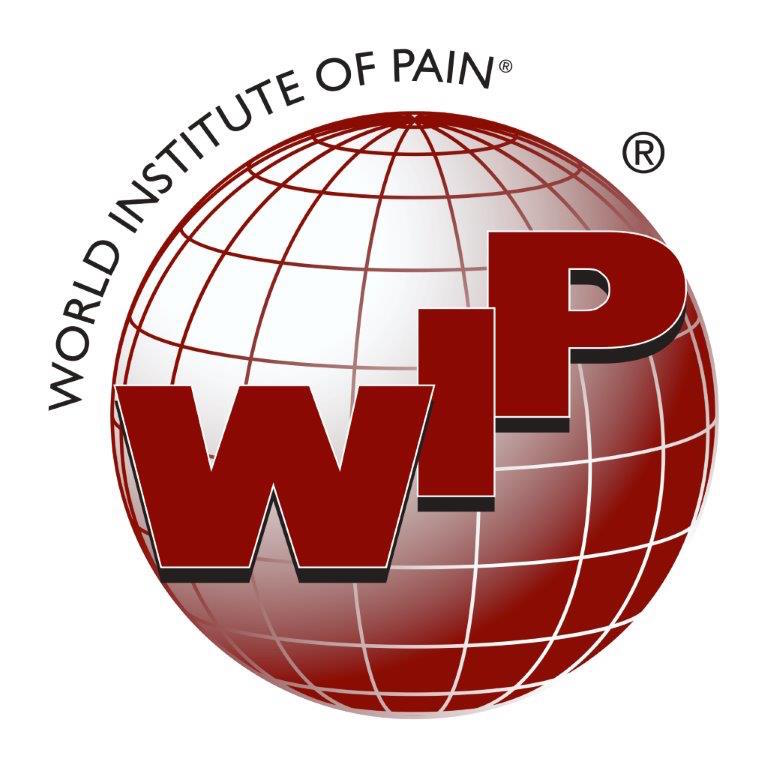Chronic Pain Management: When to Seek Professional Help
May 6, 2025
Living with chronic pain can feel like navigating life with an invisible weight. For millions of people, pain isn’t just an occasional inconvenience—it’s a constant companion that impacts every aspect of daily living, from physical mobility to emotional well-being. While some people manage their symptoms with self-care strategies, medications, or lifestyle changes, there are times when professional help is not only advisable but necessary.
But how do you know when it’s time to stop trying to manage pain on your own and seek expert care? In this article, we’ll explore what chronic pain is, common pain management approaches, and most importantly—when it’s time to reach out to a healthcare professional for additional support.
What Is Chronic Pain?
Chronic pain is defined as pain that persists for more than 12 weeks, even after the underlying injury or condition has healed. It can stem from a wide range of causes, including:
- Injuries (e.g., car accidents, falls, sports-related injuries)
- Chronic illnesses (like arthritis, fibromyalgia, endometriosis, or lupus)
- Surgical complications
- Nerve damage or neurological conditions
- Unknown causes (in some cases, the origin of chronic pain remains unclear)
Unlike acute pain, which serves as a warning signal for injury, chronic pain can persist long after the body has physically recovered. It may be dull or sharp, intermittent or continuous, localized or widespread. But no matter how it manifests, chronic pain often affects mood, sleep, relationships, and productivity.
Common Approaches to Managing Chronic Pain
When first experiencing chronic pain, many people attempt self-management techniques. Some commonly used strategies include:
1. Over-the-Counter Medications
Non-prescription pain relievers like ibuprofen, acetaminophen, or topical analgesics are often used for mild to moderate symptoms.
2. Exercise and Stretching
Gentle movement like walking, yoga, or swimming can help maintain mobility and reduce stiffness.
3. Diet and Nutrition
An anti-inflammatory diet rich in whole foods, fruits, and vegetables can sometimes ease pain associated with inflammation.
4. Stress Reduction
Mindfulness, meditation, deep breathing exercises, and even journaling can lower stress levels that may intensify pain.
5. Heat and Cold Therapy
Alternating hot and cold packs can soothe inflammation and provide temporary relief.
6. Alternative Therapies
Massage, acupuncture, chiropractic care, or herbal supplements can be part of an integrative approach.
While these strategies may offer relief for many, they may not be enough. There’s a point at which professional evaluation becomes essential—not just for pain relief, but to prevent further deterioration of quality of life.
When to Seek Professional Help for Chronic Pain Management
1. Pain Lasts Longer Than Three Months
If you’ve been in pain for 12 weeks or more and it shows no signs of improving, that’s a clear sign to consult a healthcare provider. Even if the pain is manageable, a lingering issue may indicate an underlying problem that needs attention.
2. Pain Is Interfering with Your Daily Life
Are you skipping social events, avoiding physical activity, or struggling to perform work or household tasks because of pain? If pain is beginning to define your schedule or restrict your choices, it’s time to talk to a professional.
Pain should never shrink your world.
3. You Rely on Medications Just to Function
It’s easy to fall into a cycle of daily pain medication just to “get through the day.” But this can lead to dependency, side effects, and masking of serious underlying issues. A pain specialist can help develop a plan that minimizes risk and addresses the root cause—not just the symptoms.
4. Your Mental Health Is Suffering
Chronic pain often goes hand-in-hand with mental health struggles like depression, anxiety, or emotional exhaustion. If you’re feeling overwhelmed, hopeless, or withdrawn, seeking help isn’t just about your body—it’s about your whole well-being. Integrated care that addresses both mental and physical health can dramatically improve outcomes.
5. You’ve Tried Everything and Nothing Works
If you’ve cycled through various self-help remedies, diets, gadgets, and routines and still can’t find relief, it’s time to get a second opinion. Pain specialists are trained to think beyond the basics and may offer interventional treatments, specialized therapies, or diagnostic insights you haven’t explored.
6. There Are New or Worsening Symptoms
Any sudden changes—like sharp, stabbing pain; numbness or tingling; weakness; swelling; or fever—could signal something more serious. New symptoms always deserve evaluation to rule out complications.
Types of Professionals Who Can Help
Primary Care Physician (PCP)
Often the first point of contact. They can rule out basic issues, prescribe medications, and refer you to specialists.
Pain Management Specialists
Doctors who specialize in diagnosing and treating chronic pain, using a variety of tools including injections, nerve blocks, and pain psychology.
Physiatrists
Also known as physical medicine and rehabilitation doctors, they focus on restoring function through non-surgical means.
Neurologists
Helpful if your pain is nerve-related or involves conditions like migraines, neuropathy, or multiple sclerosis.
Rheumatologists
Experts in autoimmune and inflammatory conditions like arthritis or lupus.
Mental Health Professionals
Therapists or psychologists trained in pain psychology can help with coping mechanisms and emotional resilience.
Physical Therapists
They design customized exercise programs that improve mobility, strength, and pain control.
What to Expect from a Pain Management Plan
When you seek professional help, your treatment plan will likely include a combination of:
- Diagnostic Testing (e.g., MRIs, X-rays, blood tests)
- Medications (prescription NSAIDs, nerve pain meds, antidepressants)
- Physical Therapy or Occupational Therapy
- Interventional Procedures (injections, nerve ablations, spinal cord stimulation)
- Mental Health Support
- Lifestyle Coaching or Nutritional Counseling
The best pain management plans are personalized, collaborative, and focused on you as a whole person—not just a symptom.
Advocating for Yourself in the Medical System
One of the challenges people face is not being taken seriously—especially if the pain isn’t visible or easily measured. Here are a few tips to make your voice heard:
- Keep a Pain Journal: Track when your pain occurs, its intensity, what makes it worse or better, and how it affects your life.
- Be Specific: Describe your pain using clear language: sharp, dull, burning, aching, constant, intermittent.
- Bring a Support Person: A loved one can offer emotional support and help you advocate during appointments.
- Ask Questions: Don’t hesitate to ask why certain tests or treatments are recommended—or not recommended.
- Seek Second Opinions: If something doesn’t feel right or you’re not getting results, another perspective can be invaluable.
Conclusion: You Deserve Relief
Chronic pain doesn’t have to be your “new normal.” It’s not a personal failure to seek help—it’s a sign of strength. Pain that disrupts your ability to live, love, move, and thrive deserves the same attention as any other health issue.
Whether your pain is rooted in injury, illness, or mystery, know that help exists—and you don’t have to carry it alone. If pain has become a daily battle, professional help might be the turning point toward real healing and renewed hope.
If you’ve been struggling with chronic pain, what’s helped you the most? Have you found relief through professional care? Share your experience in the comments—your story could be the encouragement someone else needs.







